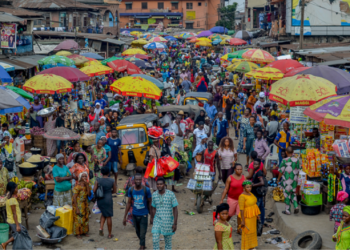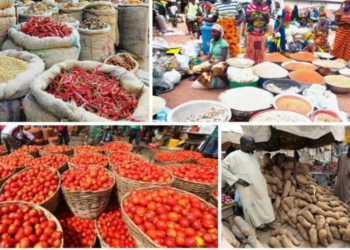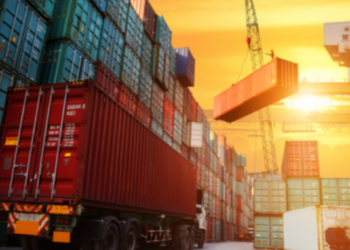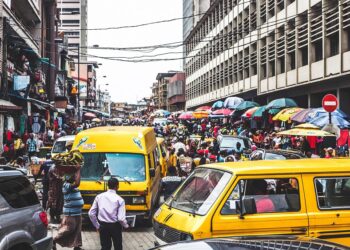Railway transportation data from the National Bureau of Statistics (NBS) has revealed that Nigerians used railway transportation less in the second quarter of 2022 than they did in the first quarter of 2021.
The data showed that the number of train passengers in Q2 2022 was 422,393, while the number of passengers in Q1 2022 was 953,099.
The data also showed that the number of cargo for Q2 2022 was zero, compared to Q1 2022 when the total cargo transported through the railway system was 32,139 tons.
Revenue was impacted: The revenue generated from passengers from Q2 2022 was N598,736,300, while for Q1 2022, revenue generated was N2,077, 836,686.
- According to NBS, revenue generated from goods in Q2 2022 was N86,007,680, while revenue generated from goods in Q1/2022 was N71,769,967.
- The data from the NBS further showed that other income receipts for Q2/2022 were N49,728,630, whereas, in Q1/2022, other income receipts were N57,922,411.
The reason for the decline: A staff of the NRC, who pled anonymity, told Nairametrics that passenger turnout reduced drastically after the Kaduna train attack which claimed eight lives. The staff told Nairametrics that a lot of Nigerians have expressed sadness over the takeover of rail lines by terrorists. The sum of $500 million that was spent constructing the Abuja-Kaduna rail system was borrowed from China.
- Recall that it was in the first quarter of 2022 that the Kaduna train kidnapping occurred. The incident took place on March 28, just towards the end of the first quarter of the year. As the data reflects, many Nigerians subsequently opted for other means of transportation in the second quarter as opposed to trains, due to rising insecurity in rail transportation.
- Although the last set of the kidnapped victims from the train attack was released on October 5 after months in captivity, the issue of insecurity still plagues the rail transport industry. President Buhari recently called on all relevant agencies to tackle the challenge head-on.
- In August 2022, Nigeria’s Minister of Transportation, Mu’azu Sambo said the government was looking out for public-private partnership options to protect rail lines from Abuja to Kaduna and other parts of the northern region. The minister had said that installing security equipment on the tracks could cost up to $21 million.
- In the same August 2022, the Federal Executive Council (FEC) approved the sum of N718 million to provide security for the 45-kilometre rail track and 20 stations across the country.






















